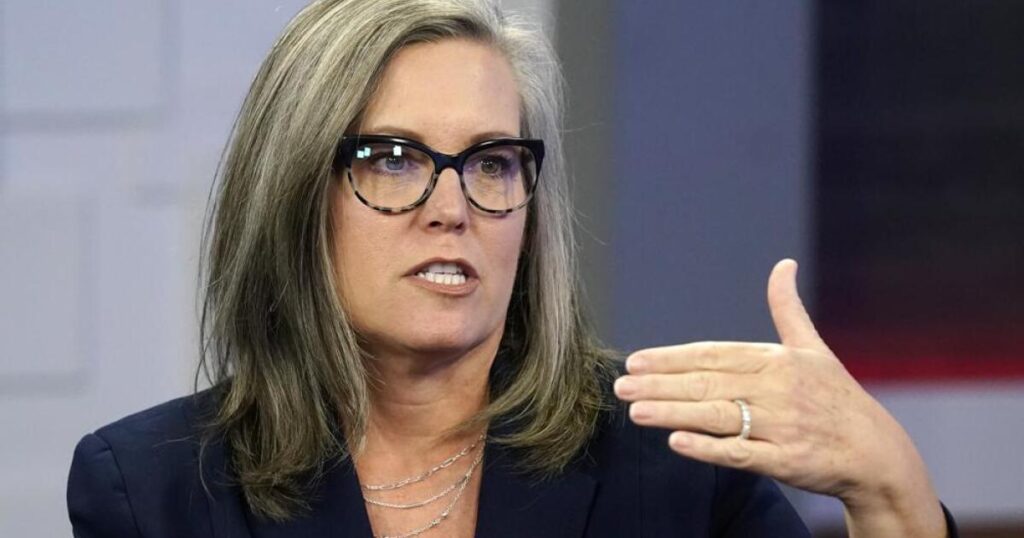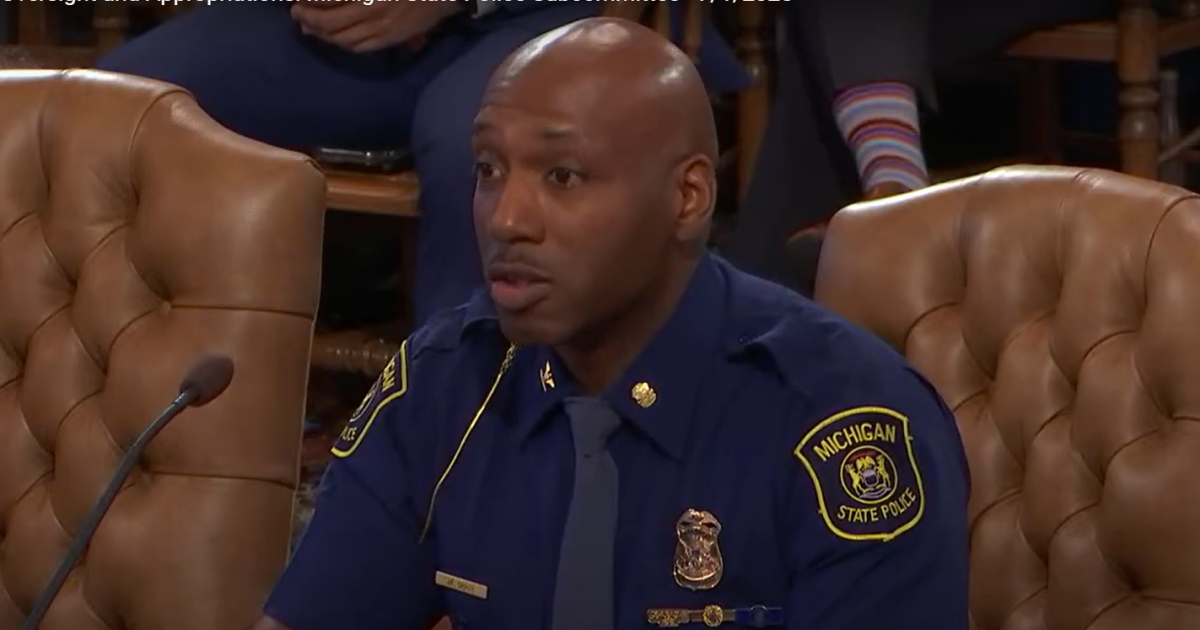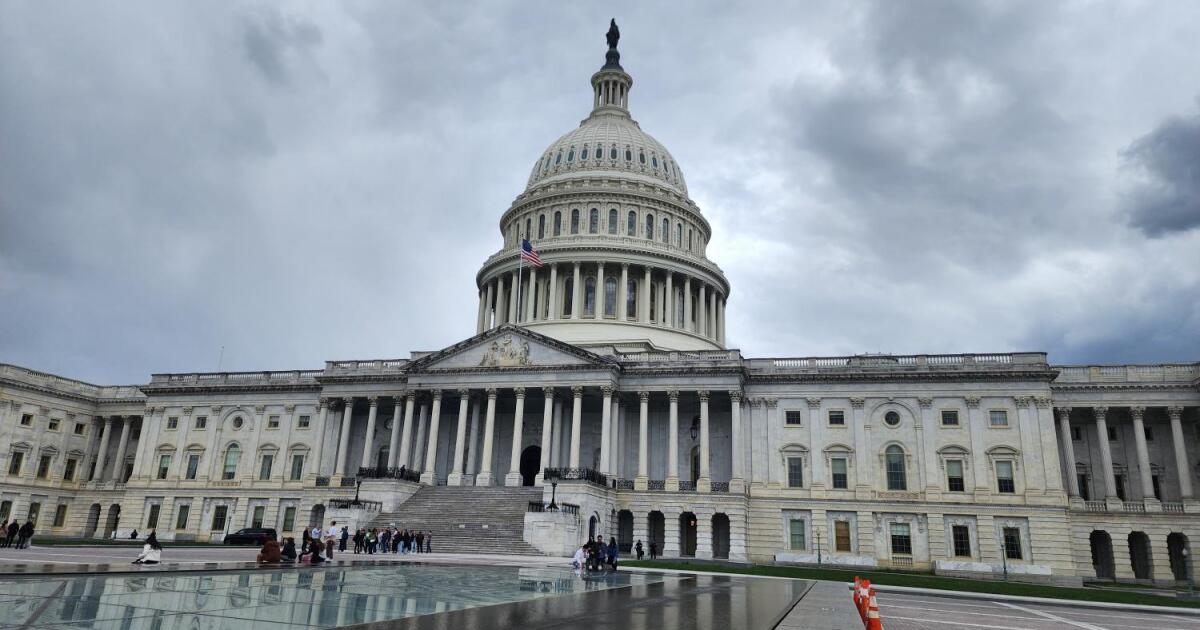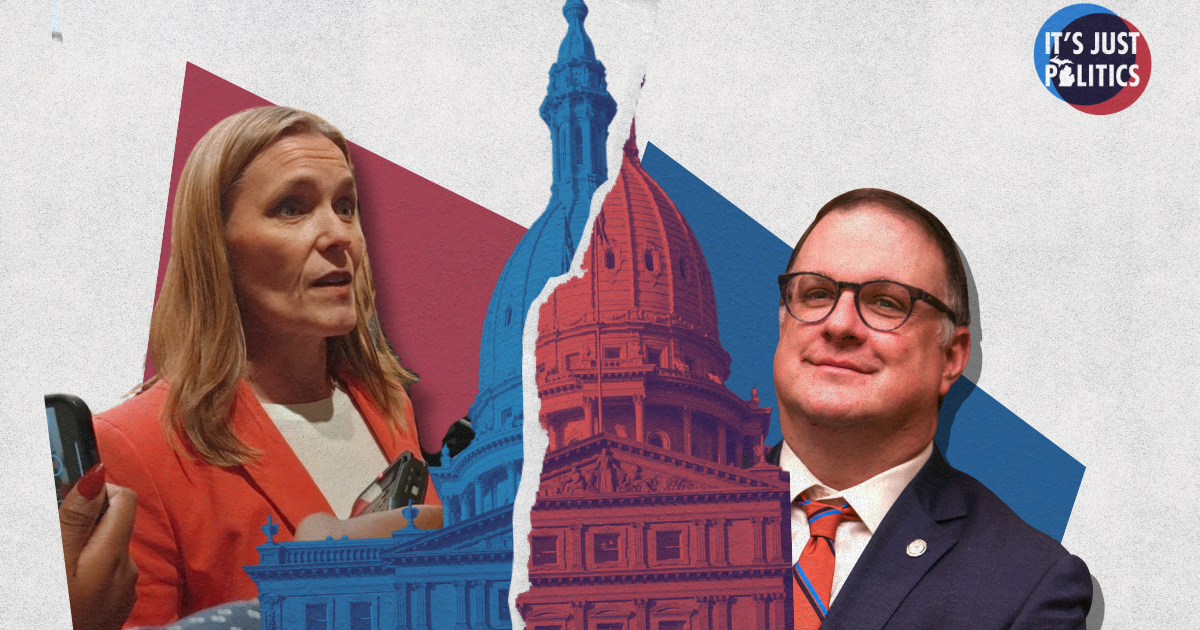Arizona’s New Prescription Drug Discount Initiative
Gov. Katie Hobbs is shifting gears in her approach to tackle high prescription drug costs in Arizona. Her latest move involves the introduction of a state-issued discount card as an alternative to her previous plan to cap drug prices.
On Wednesday, Hobbs signed an executive order that aligns Arizona with other states offering discount cards for prescription drugs. These cards promise an average savings of 18% on brand-name drugs and up to 80% on generics, with no cost to obtain the card.
While private companies such as GoodRx, SingleCare, and WellRx offer similar cards, Hobbs emphasized that the state’s Array Rx program is unique due to its non-profit nature. “Our sole focus is on lowering drug costs for our constituents,” she stated. “It’s not on profits.”
Dr. Trevor Douglass, who oversees the Oregon Prescription Drug Program, highlighted another advantage: “We don’t sell any of our information to anybody and we protect the public’s information.”
Despite the executive order, enrollment for Arizona residents will not begin until early 2026, according to the ArrayRx website.
Hobbs’ initiative comes over a year after proposing a comprehensive plan to cap prescription drug prices, which included establishing a Prescription Drug Affordability and Transparency Board. However, no legislation was introduced to support this plan.
In 2024, Eva Burch, a Democratic senator from Mesa, proposed a narrower bill requiring pharmacy benefit managers to seek state approval for price hikes. This proposal did not advance.
By joining the discount card program, Hobbs circumvents the need for approval from the Republican-controlled Legislature, allowing her to act independently.
Although the number of Arizonans who will benefit from the program is unknown, Douglass mentioned that the discount card could be useful even for those with health insurance. “Sometimes paying for the prescription because the deductible is so high is more expensive through your health insurance than it would be using a discount card,” he explained. He also pointed out the card’s advantage when insurance plans have restrictive coverage formularies.
Dr. Steve Brown, a family practitioner and professor at the University of Arizona College of Medicine, shared the impact of high drug costs on patients. “Many patients miss doses of medicine,” he said. He recounted a patient who ended up in the emergency room due to unaffordable asthma medication and another who couldn’t afford a necessary blood thinner.
Dana Kennedy, the AARP state director, added, “No one should skip insulin to pay rent.”
Concerns about the potential effects of price caps contributed to the failure of Hobbs’ original proposal. Sen. T.J. Shope, R-Coolidge, expressed skepticism, saying, “Generally speaking, I’m not a fan of price caps and don’t believe I’ve seen them work—unless you consider stifled innovation a good thing. I want to continue seeing advancements in modern medicine.”
“`
—
Read More Arizona News










